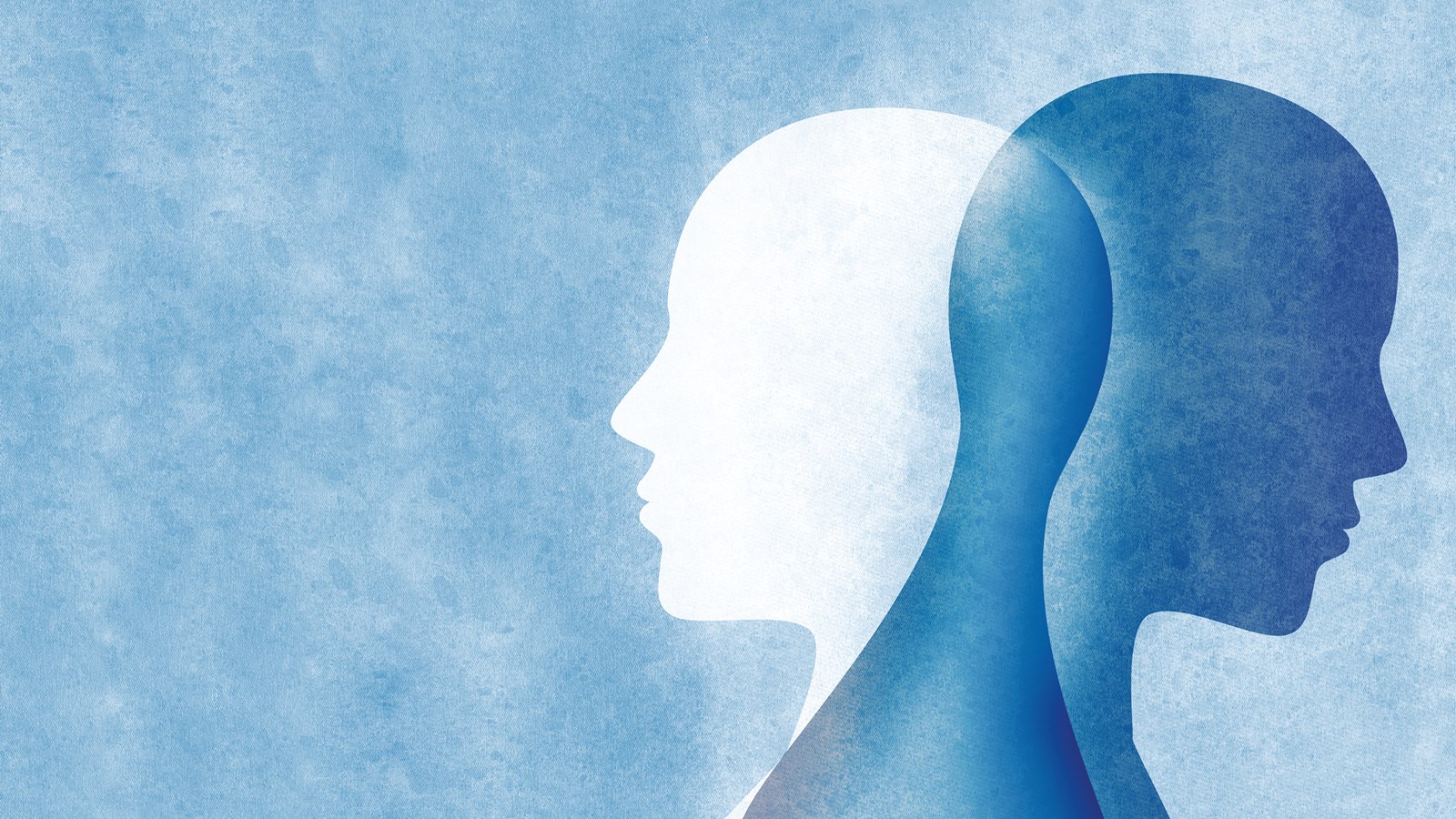What is counselling?
Counselling, when it works at its best, is a unique, unconditional relationship and experience of listening and communication that helps us explore, repair, renew, transform, correct and, therefore, provide what all humans need: a sense of being truly seen, heard, accepted, valued, loved and cared for.
What has inspired you on your counselling journey?
So many people. I was incredibly unwell during my teenage years when I was agoraphobic for three years and attempted suicide. Along the way to recovery, as well as managing these difficulties through music and various therapies, I was helped by some tremendous people who saved my life. Returning to study literature at university as a mature student, I took a ‘Theories of the Mind’ course with Tom Davis, where I became immersed in the work of Sigmund Freud, Carl Jung, Jacques Lacan, and Buddhist philosophy. I completed my PhD in English literature and psychoanalysis, and my supervisor Jan Campbell, a brilliant feminist scholar and psychotherapist, encouraged me to train as a therapist. I had Jungian therapy with Margaret Robertson and Duine Campbell for six years, who helped me understand my difficulties better. I experienced the transformative power of counselling first-hand. I then met Buddhist spiritual mentors Deirdre Burton and Simon Romer, who continue to offer spiritual guidance. Disillusioned and burned out by academia, I decided to use my experiences and learning to try and help people. With this aim, counselling course tutors, Paul Daniel and Judy Hemmons, have been inspirational and of great support. I have learnt about caring for myself through caring for others. I’m so much happier for having chosen this path.
What does spirituality mean to you?
I think spirituality refers to the true essence of who we are and our place in the universe. It is a deep knowing, understanding and felt connection to something immediate and familiar but great and wholly ineffable. It is contentment, balance, nature, stillness and love.
Most useful piece of advice for a student or newly qualified therapist
Show humility. The profession constantly challenges our assumptions about our competence and encourages continuous reflection and learning. It alerts us to our blind spots, faults, prejudices and projections.
Do you have a favourite quote?
Gosh – I have a few that stay with me when I’m wavering:
'All shall be well, and all manner of thing shall be well.' – Julian of Norwich recontextualised and slightly altered by T. S. Eliot.
'There are no such things as facts, only interpretations.' – Friedrich Nietzsche.
'Your vision will become clear only when you look into your own heart. Who looks outside, dreams; who looks inside, awakes.' – Carl Jung.
'Tell the truth and love everybody.' – Maharaji.
Favourite counselling book
Memories, Dreams and Reflections by Carl Jung (not technically a counselling book, but inspiring all the same).
Favourite podcast or website
Ram Dass’s Here and Now. Great to dip in and out of. He never ceases to instruct and makes me smile at the wonder and absurdity of life and human behaviour.
Favourite piece of music
Third Symphony of Sorrowful Songs by Henryk Gorecki or All Along the Watchtower by Jimi Hendrix.
Tip for a successful supervision session
Do not leave anything that is on your mind unsaid.
What is the most important issue facing the counselling world today?
Access and affordability: COVID-19 highlighted the importance of counselling and human connection, especially in times of crisis. It also emphasised how economics prevents people from getting the help they need when they need it most. Counselling and therapy should be more egalitarian, but it’s not.
